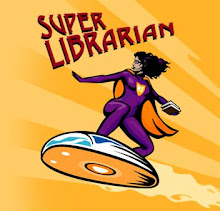 What are the advantages of storing, sharing, and tagging web content this way? What are the disadvantages?
What are the advantages of storing, sharing, and tagging web content this way? What are the disadvantages? We discuss this question during our Organization of Information module. I also remember brilliant discussions from Alan Manifold and Michael Gorman when I was working in the States on this very issue. Alan wants everything in XML and Michael says however imperfect MARC is, he'll switch over once you prove there's something better. Think about the rather dismal success [non-success] of Dublin Core -- we had the top librarians and academics in the world working on this metadata standard, mandating it to be user friendly and have scalability for the "masses" to be able to catalogue electronic resources (e.g., web pages). The original 15 element sets weren't precise enough to be efficient, so more and more terms had to be added (subsets) and then it became unwieldy. Effective and efficient retrieval of any item from any database depends on unique identifiers and also controlled vocabulary, but it's the "controlled" part of the vocabulary that seems to be the biggest problem.
The advantage of vocabulary inputted by the users is that it's "user-friendly." However, this is also a disadvantage since 'cat' to me, may be 'feline' to you, may be 'kitty' to another. So do you put all of those tags in and if so, is one able to find all the 'cat' items when you search for your 'kitty.' This is already evident in Delicious with the tag bundles -- which is a step towards a controlled vocabulary, or grouping like items under a single heading.
I'm on Michael Gorman's side. I think the MARC record, just like democracy, is an imperfect system, but as Winston Churchill declared, "It better than any of the alternatives."

I liked Winston Churchill's quote. I had a good chuckle :-)
ReplyDelete